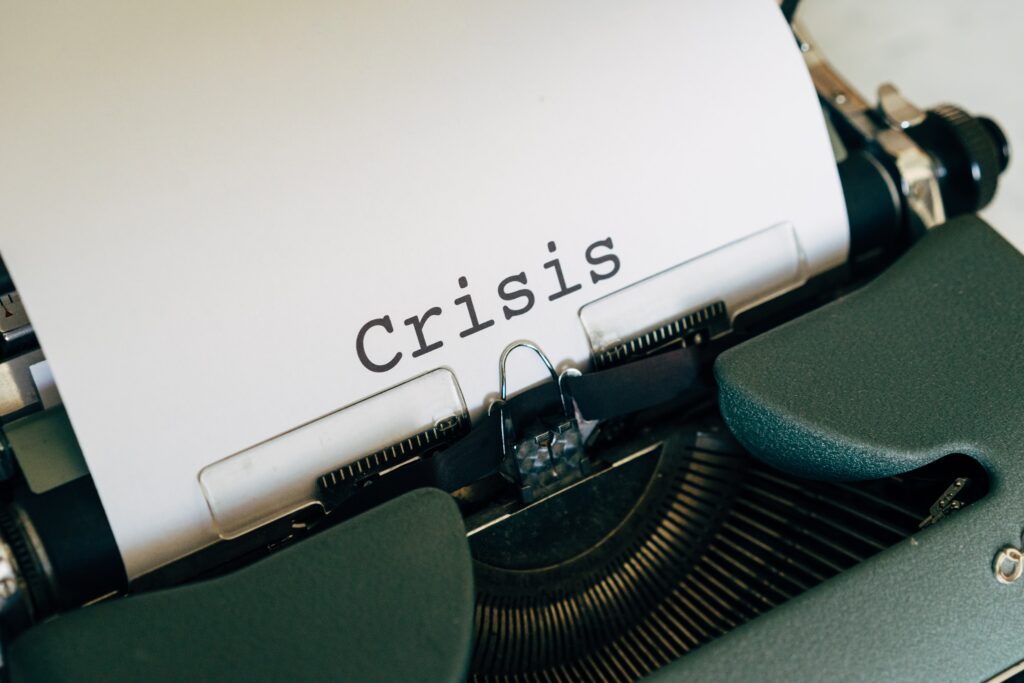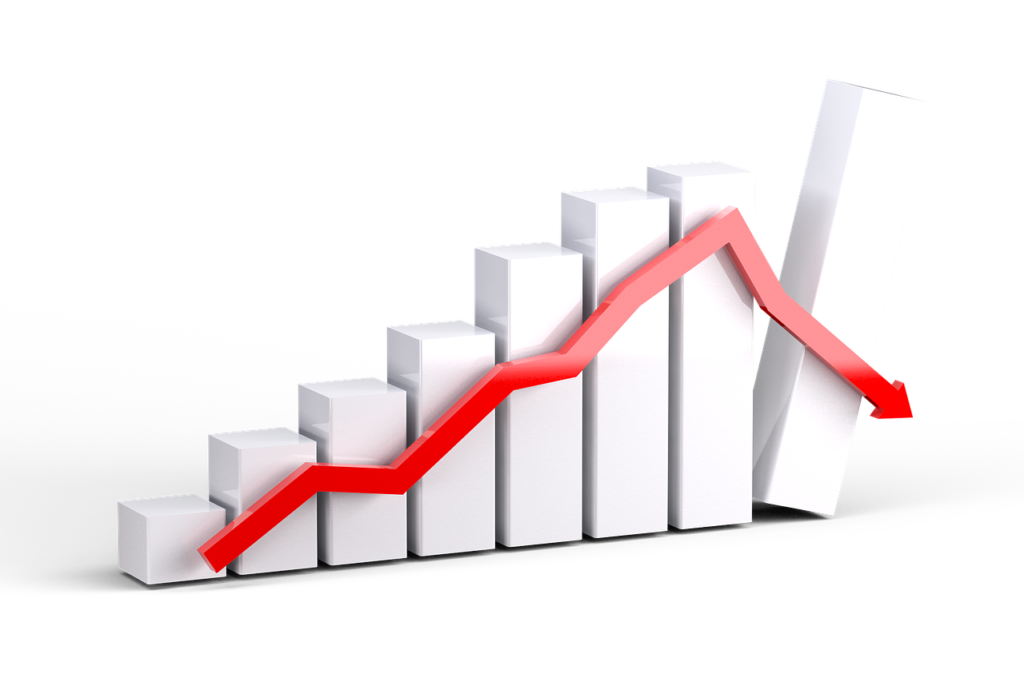Economic crises have happened a few times throughout history, and usually they are bloody, and people lose money, pensions, houses, jobs and so on. A few examples can be found in 2020, 2018, 2015, 2008, 2000, 1997, 1987, 1929 and so on. But the main point is that these crises happen, and they will continue to happen in the future. That’s why it is extremely important to stay financially educated and prepared for when these events happen, not only to save ourselves but also to take advantage of the opportunities that will appear. (For more on this topic – What Every Investor Should Do During A Recession)
When it comes to being financially educated there are a lot of ways to go. But the three main points to follow would be these:
Read books or articles. Moreover, I mean read books and articles from experienced investors and really dive deep into what they say and mean and study their methods and investing strategy. By reading books from experienced investors, you may just have saved yourself a few years of experience within investing.

Books might be boring, but the information within them is essential for becoming a great investor, and it will save you both time and money. If you have no idea what book to start with, i would recomend The Intelligent Investor by Benjamin Graham, or read one of my previous articles – Top 5 Books Every Investor Should Read
Stay alert and gather information. What I mean by this is that you should stay alert, look at the market, see what’s happening and why, and moreover try to get a good understanding of the whole picture. And you should gather as much information as you can, the more you know the better. By listening to a lot of people within the investing community as well as big, experienced investors you will be able to pick up a lot of information. But it’s crucial to keep your cool while doing this and remember your financial goals, because if you hang purely on information from one person, or grab opportunities without thinking it through, then it’s very likely you will get dragged down a rabbit hole.
Get your own experience. It is still very important to get your own experience within the market, so that you can see with your own eyes what works. But, depending on what kind of investor you are, you should probably start small and build up your portfolio when you know what strategy works best for your own financial goals.
This one is not a must, but it will help you along the way.
Take investing courses and attend investing seminars. With this you will be able to boost the pace at which you are learning and advancing. Now, the obvious one is that these usually cost money, but if you go to seminars or buy courses from actual experienced investors who know what they’re doing then you will get your money’s worth. But again, it is completely possible to get financially educated without attending any of these, they will essentially just boost the process.

Economic crises are a common phenomenon and can have a significant impact on our personal finances. It’s essential to be financially educated and prepared to face these crises and protect your hard-earned money. Here are some tips to help you be ready for the next economic downturn.
Build an emergency fund: It’s essential to have an emergency fund that can help you cover your expenses for three to six months in case of job loss or income reduction. This fund should be in a savings account that is easily accessible and not invested in stocks or other volatile assets.
Create a budget: Understanding your income and expenses is crucial in preparing for an economic crisis. Creating a budget helps you to identify areas where you can cut expenses and increase your savings. A budget also helps you to keep track of your spending and ensure that you are not living beyond your means.
Reduce debt: High levels of debt can leave you vulnerable during an economic crisis. Pay off high-interest debt, such as credit card debt, and avoid taking on new debt. If possible, try to pay off your mortgage or refinance it to a lower rate.
Diversify your investments: Don’t put all your eggs in one basket. Diversifying your investments reduces the risk of losing everything in case of a market downturn. Consider investing in a mix of stocks, bonds, commodities and other assets such as real estate.
Stay informed: Stay up to date with economic news and trends. This will help you to identify potential problems and make informed decisions about your finances. It’s also important to understand how government policies and interest rates can affect the economy and your personal finances.
Be prepared to adjust your lifestyle: During an economic crisis, you may need to adjust your lifestyle and spending habits. This could mean cutting back on non-essential expenses, such as dining out or travel, and finding ways to save money on necessities like groceries.
Seek professional help: If you are not confident in managing your finances, consider seeking the help of a financial advisor or investment professional. They can provide guidance and help you make informed decisions about your investments and savings.
Be prepared, and on the lookout for opportunities within the market. When economic crisis, recessions, bear markets and so on happen, there are a lot of millionaires that will be made. This is mostly because the people who became millionaires in market crisis became so because they were financially educated, and they were prepared. And they saw the opportunities in the market and capitalized. There are numerous examples of just this happening repeatedly. When a market adjusts itself, or if it’s going through a crisis, then by the end of that crisis a lot of stocks or options will have gone down in value, meaning that they might be valued a lot lower than their intrinsic value. Now, don’t be mistaken that there won’t be any opportunities in the next crisis because most opportunities for growth happen within these crises. And I can promise you that these opportunities will appear, you just need to know what to look for.
Being financially educated and prepared for an economic crisis is crucial in protecting your hard-earned money. By following these tips, you can ensure that you are ready for whatever the future may hold. Remember, taking control of your finances and being proactive about saving and investing can help you weather any economic storm. But also, you can capitalize on it and maybe become one of the newly made crisis millionaires. (For more on this topic – What Every Investor Should Do During A Recession)
Thank you for reading

Pingback: Crude Oil Investing: Navigating The Opportunities & Risks In A Complex Market
Pingback: The Top 10 Companies To Watch For Long-Term Investing
Pingback: How To Choose The Right Investment For Your Goals - Valere Investing